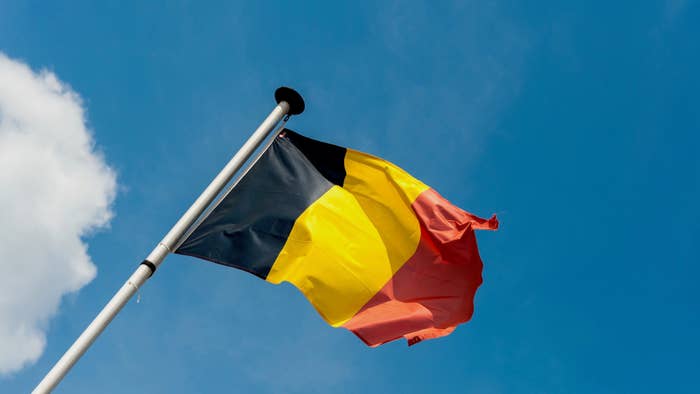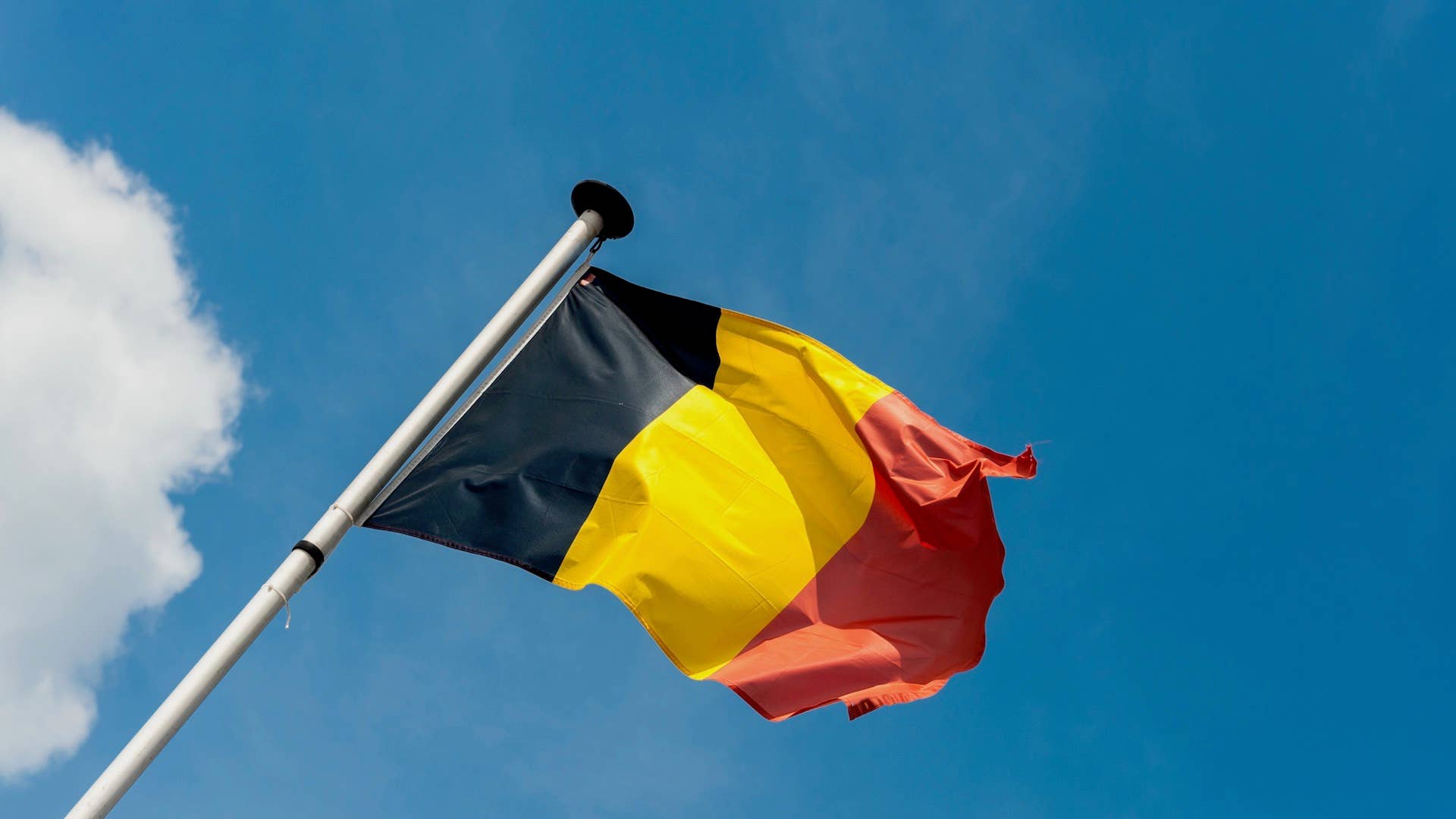
A Belgian farmer may have mistakenly altered European geography.
According to the BBC, a local history buff noticed the subtle change during a recent walk around the Belgian-France border, where they realized a 200-year-old stone marker had been moved by about 7.5 feet. It’s believed that a farmer relocated the stone because it was in his tractor’s path; however, it’s unclear if he knew that the move extended Belgium’s territory into France.
The marker was located between the Belgian village of Erquelinnes and the town of Bousignies-sur-Roc in northern France. The border line was reportedly established about two centuries ago under the Treaty of Kortrijk—about five years after Napoleon’s defeat at Waterloo.
“We know exactly where the stone was before, right next to a tree,” David Lavaux, the mayor of Erquelinnes, Belgium, told CNN on Tuesday. “In 2019, during the 200th anniversary, they were geo-localized very precisely… The stones were placed there in 1819 following the defeat of Napoleon, and the year is inscribed on them... It should be resolved tomorrow, we are about to find the person that moved the stone, so we can avoid any troubles. I still have to verify who the land owner is.”
Bousignies-sur-Roc mayor Aurélie Welonek echoed Lavaux, suggesting the issue would likely be resolved quickly without any issues; but if not, she warned that the proper authorities would be contacted.
“Our two countries get along well, so there were no great concerns at this point,” she told CNN. “I fully trust my Belgian counterpart who did what was necessary with the farmer. We asked him to move the stone back, and should he not cooperate, then the Ministry of Foreign Affairs would get involved.”

